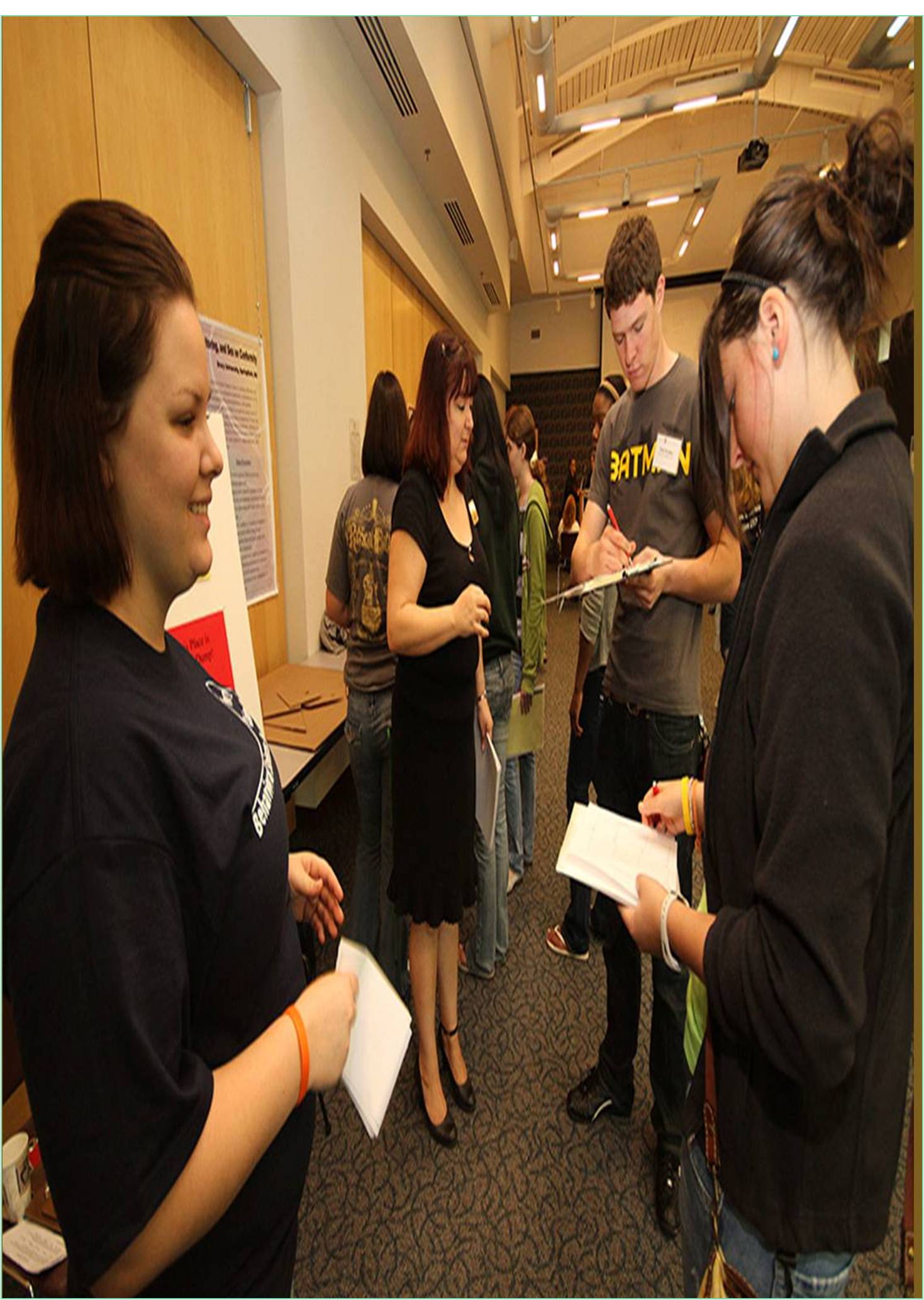



Received: 26-Jan-2022, Manuscript No. GJASSE-22-63364; Editor assigned: 31-Jan-2022, Pre QC No. GJASSE-22-63364 (PQ); Reviewed: 14-Feb-2022, QC No. GJASSE-22-63364; Revised: 21-Feb-2022, Manuscript No. GJASSE-22-63364 (R); Published: 01-Mar-2022, DOI: 10.15651/GJASSE.22.10.004
Political science focuses on government and political theory and practice at the local, state, national, and international levels. We are dedicated to gaining a better understanding of the institutions, practices and relationships that make up the public life and research methods that foster citizenship.
The terms "political science" and "politics" are often used interchangeably. However, you need to understand the difference between the two. Some scholars define politics as "the science and art of governance." But this is only part of the overall explanation of the subject of political science. Today, the term politics is used to describe the issue of citizens who interact with the means of political power. From time to time, politics has been used as a technique of compromise or as a way to gain and retain power.
Political theory mainly deals with the foundations of political communities and institutions. It focuses on the moral purpose of humanity and the political coalition. To clarify these concepts, political theorists utilize a variety of political and moral philosophers' writings that have survived from ancient Greece to the present. Another focus of political theory is empirical research on how political systems actually work. In both cases, political theory ultimately aims to deepen political thought and drive citizens into responsible and creative political action.
Comparative Politics
Comparative politics is a field of politics characterized by the use of either comparative or other empirical methods to study political science both domestically and internationally. In terms of content, these could be about political systems, political behaviour, conflict, and the causes and consequences of economic development. Others suggest that the main purpose of comparative politics is to provide an understanding of how and why different societies develop different kinds of political institutions. Still others use comparative politics as a way of discovering general laws and theories that will explain human political behaviour and its variability.
Political Scientists
Tend to argue about and disagreements, but the majority consider the field to be true science. As a result, political scientists generally seek to emulate the objectivity and conceptual and methodological rigor normally associated with so-called "hard" sciences (biology, chemistry, physics, etc.). They feel busy clarifying the relationship between political events and situations. Based on these revelations, they seek to formulate general principles about how the world of politics works.
Political scientists are studying the world around them. To do this, they examine power relations, conflicts and (current) developments in (international) politics. Discover who is in power and what political relations are at the national, European and international levels. Political scientists deal with domestic and foreign policies. We study the process of power between people and nations, but we also study the relationship between nongovernmental organizations and political parties, for example, collecting data, qualification discriptors, merit, aspects of justice, need and equality.
Collecting Data
In a research model designed to test this hypothesis, the dependent variable (a phenomenon affected by other variables) is the re-election of the incumbent president. The independent variable (a phenomenon that can affect the dependent variable in any way) is the national unemployment rate. You can test the relationship between the independent and dependent variables by collecting data on the unemployment rate and the incumbent presidential re-election rate and comparing the two sets of information.
Qualification Descriptors
He\she should have a student graduated in Political Science course must have good knowledge of the clear understanding of all the significant sub-disciplines with Focus on fundamental and key concepts and conceptual debates, ideological perspectives, different theories, principles, and questions in discourse. There are six major sub-disciplines, each having a minimum of two papers along with interdisciplinary and skill-oriented papers. The graduates are expected to demonstrate critical, innovative, and out of box thinking in their reflections on political issues. They are also expected to demonstrate excellent writing skills and articulations that are consistent with the ethical norms of scholarships and academic writing.
Enduring Debates in Political Science
Like other social scientists and natural scientists, political scientists collect data and develop theories. However, the two tasks are often out of balance, resulting in the collection of irrelevant facts or the construction of misunderstanding theories. Political Scientists developed in the post-WWII era and discarded numerous theories, and there was considerable (and unresolved) debate as to whether it is more important to develop theories and then collect data to confirm or reject them or to collect and analyse data from which theories would flow.
Aspects of Justice
Looking at the broader issue of justice, which has a different constitution, there are different perspectives. This is where the concept of distributive justice comes into play. What is the proper distribution of income or social status in a particular society? There are two main concepts of distributive / social justice. One includes the concept of merit and the other includes needs and equality.
Merit
The first concept argues that each person's social status and (material) wealth must be determined on the basis of merit. When people talk about talent and an equal opportunity career, they keep the benefits in mind. But how do you measure benefits and talents? Liberals say that the price you can find in the free market is a reasonable indicator of your value to others.
Need and Equality
The second conception views that goods, positions, etc. should be allocated on the basis of a person’s needs. But how to define needs? Everybody agrees on food, shelter and clothing. Beyond this, there is no agreement. Communism (Marxism) believes that each person needs to define his or her needs, and that Communism can create enough resources to meet all the needs of every individual.